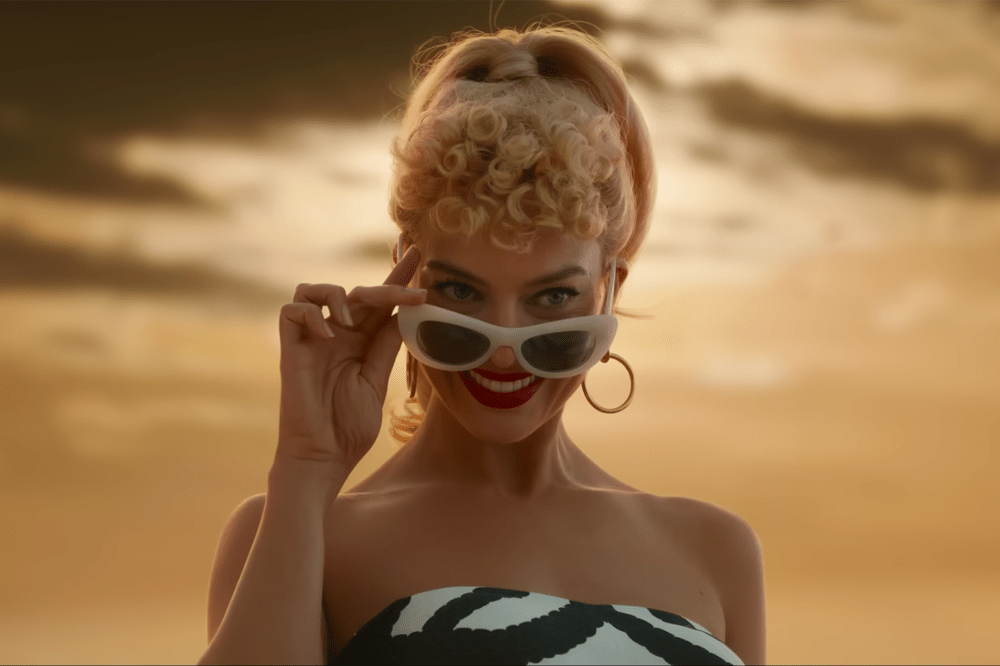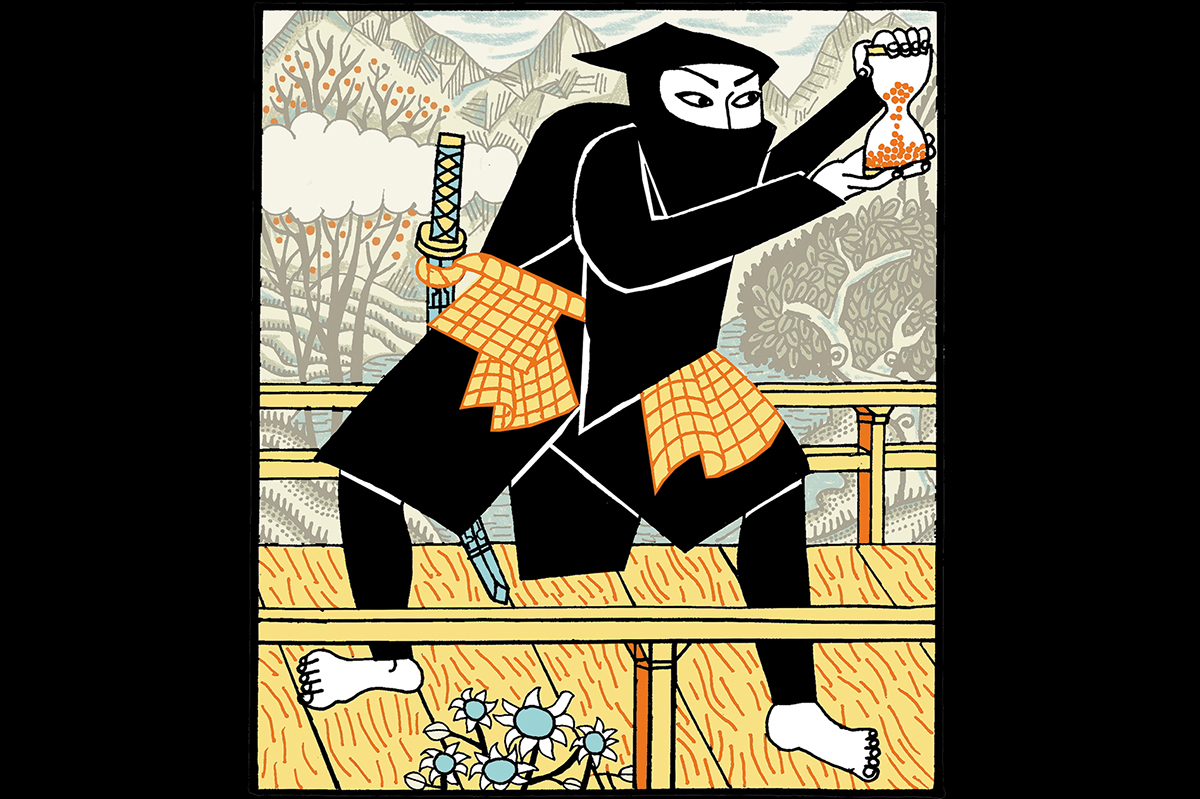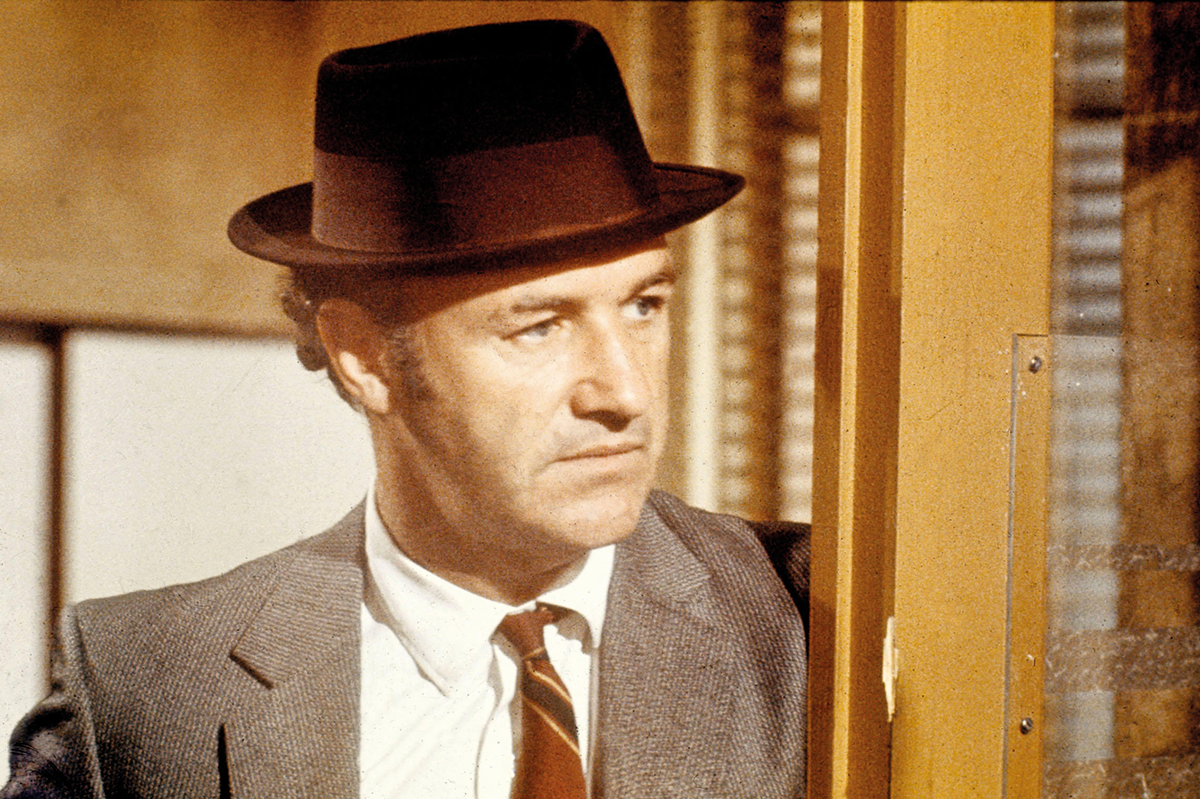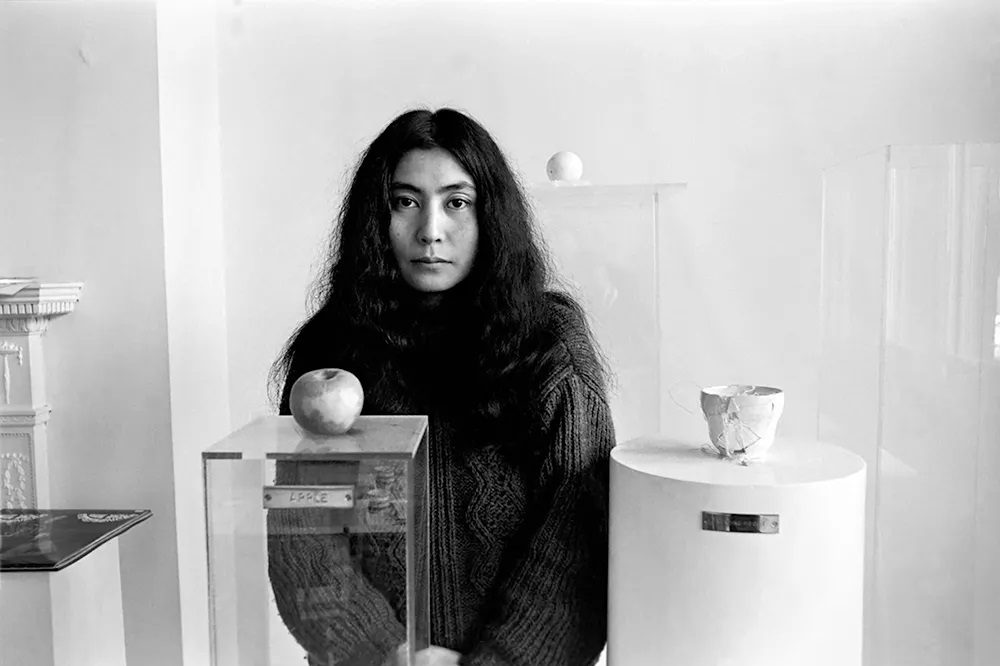In 1997, the Swedish pop act Aqua released a novelty single which combined being hugely popular with being even more irritating. Entitled “Barbie Girl,” it was a helium-voiced ode to the wonders of the famous Mattel creation, dusted with just enough ironic detachment to allow the musical connoisseur to believe that they were savoring a joke, while giving the unreconstructed pop lovers everything they could hope for.
The lyrics are especially lamentable: the chorus declares “I’m a Barbie girl, in the Barbie world/ Life in plastic, it’s fantastic/ You can brush my hair, undress me everywhere/ Imagination, life is your creation.” It was successful for a while, sold a huge number of copies and can, very occasionally, still be heard on the radio. But no one would have imagined that its cinematic cousin was slouching its way towards us, like one of the Four Horsemen of the Mattel Apocalypse.
Surprise! The trailer for Greta Gerwig’s much-dreaded new film Barbie has been unveiled. It looks every bit as awful as might have been anticipated, combining cutesy irony with weapons-grade smugness.
It begins with a pastiche of Kubrick’s 2001: A Space Odyssey and a scene of children playing with dolls in a desert as Strauss’s “Also sprach Zarathustra” builds portentously on screen — because Gerwig and her partner Noah Baumbach, who co-wrote the screenplay, are Serious Filmmakers, after all. A Helen Mirren voiceover declares, “Since the beginning of time, since the first little girl ever existed, there have been dolls. But the dolls were always and forever baby dolls. Until…” Then a giant Margot Robbie, resplendent in one-piece swimwear, appears on screen and winks coquettishly at the audience. The astonished children begin smashing up their dolls in a rage. There is an allusion to 2001’s legendary jump cut, this time from a flying doll to the full garish horrors that await on the release of Barbie next July. Look on my works, ye fabulous, and despair.
I have no idea why Barbie has been made. To sell toys? Possibly: Mattel managed to make well over a billion dollars from merchandise sales as recently as 2020.
Or so that Gerwig, who had a considerable critical and commercial success with Little Women, can establish herself as a mainstream filmmaker? Perhaps, but this seems an unusually tortuous way of doing so.
To give Ryan Gosling work? In the brief shot of him in the trailer as Barbie’s paramour Ken, this fine and versatile actor looks deeply embarrassed, as if he had to take the role on because he lost a bet.
Or because Gerwig and Baumbach believe that they have found some winkingly ironic, postmodern take on the character — who is, lest we forget, an anorexic plastic doll rather than some universal symbol of femininity — and that this will lead to a cinematic masterpiece?
Any of the above are possible. But the film I was most strongly reminded of while suffering through the trailer was the Cameron Diaz/Drew Barrymore/Lucy Liu Charlie’s Angels, another profoundly irritating attempt to take one “iconic” brand and translate it into a cinematic medium.
That film, now thankfully wholly forgotten, delighted in a similarly smug, arch approach to its harmless subject matter, combining immediately dated action scenes with the sort of leeringly sub-feminist approach that offered titillation for men and girl power for the women. We must hope that Barbie, being released nearly a quarter-century later, is a more sophisticated piece of cinema.
Perhaps the trailer is misleading. But I have seldom felt a keener sense of dread at what is about to assault our last remaining vestiges of popular culture, as well as the certain knowledge that Kubrick would be revolving in his grave faster than a chicken on a rotisserie spit at the way in which his legacy has been so cynically misappropriated.





















